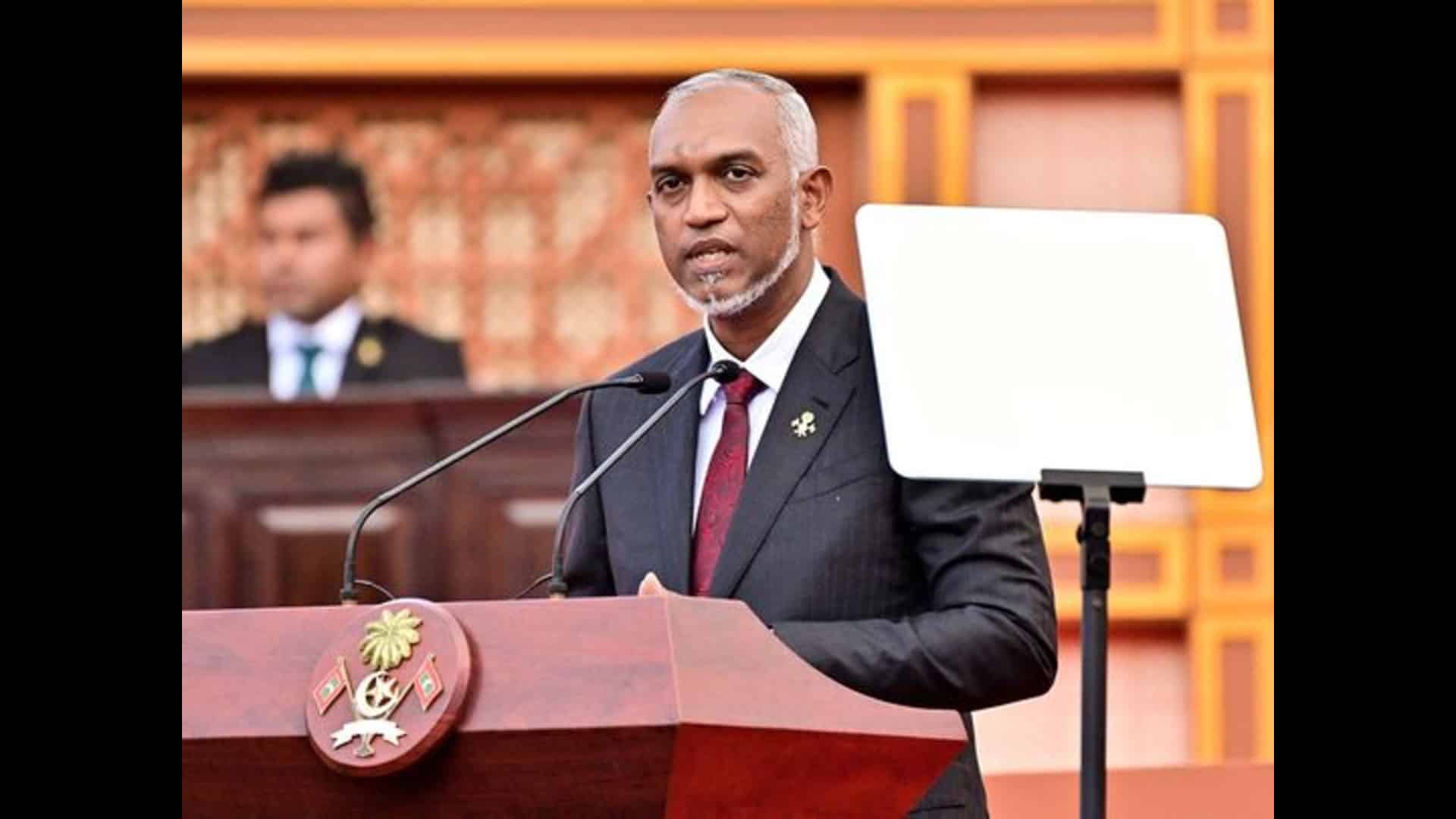In the face of escalating threats from rising sea levels and a critical shortage of drinking water, Maldives' newly elected President Mohamed Muizzu has revealed a bold strategy to confront the challenges without resorting to the relocation of citizens. The Indian Ocean archipelago, celebrated for its pristine white sand beaches and vibrant coral reefs, is grappling with the urgent realities of the climate crisis.
President Muizzu has announced an ambitious initiative centered on land reclamation and elevating islands to counter the encroaching waves. The plan aims to fortify the low-lying nation against the perilous consequences of climate change. However, environmental and rights groups caution that these measures could potentially worsen flooding risks, urging a careful evaluation of the long-term impacts.
The Maldives, a sought-after luxury holiday destination, has already been hit hard by the effects of climate change, with rising sea levels threatening its very existence. Despite facing acute challenges, President Muizzu is steering away from the contentious option of relocating citizens, choosing instead to confront the crisis head-on with innovative solutions.
The capital Male, where a third of the country's 380,000 citizens are squeezed onto a tiny island, is "one of the most densely populated pieces of land in the world" with 65,700 people per square kilometre, according to the environment ministry.
The delicate balance between preserving the nation's natural beauty and ensuring the safety and well-being of its citizens underscores the complexities of the situation. As the Maldives takes center stage in the fight against climate change, the world watches closely to see how the archipelago navigates the intricate web of environmental, social, and economic considerations in charting a sustainable path forward.




















